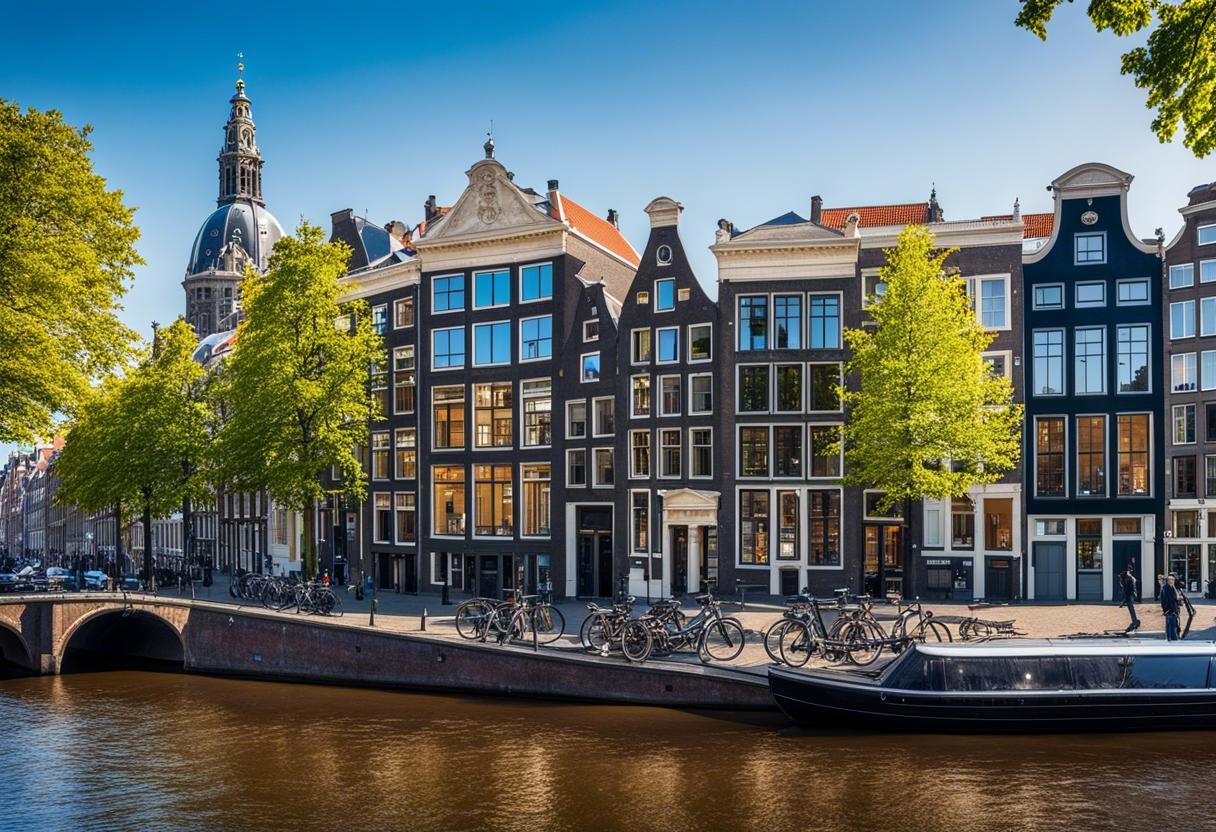The Netherlands continues to grapple with assembling a conservative coalition subsequent to the general elections held last November. The country’s possible future prime minister is anticipated to be one of the two favourites, following the self-elimination from consideration by the Freedom Party’s leader, Geert Wilders, last week.
Securing the majority in the November elections, the Freedom Party was victorious with 37 out of 150 parliament seats. Despite this, Wilders has consistently been unable to finalise a coalition involving four parties: the liberal VVD, the New Social Contract (NSC), and the BBB, a farmers and citizens’ group.
Wilders’s anti-Islam and anti-EU stance has caused difficulty for the NSC and VVD, raising issues regarding his potential succession of Mark Rutte as the prime minister. To circumvent a standstill, a decision was made in the previous week by the four leaders to refrain from seeking the premier position in the upcoming cabinet, but to instead maintain their roles as party leaders in parliament.
The most recent phase in the negotiation process, which commenced this week, aims to form a cabinet composed of experienced lawmakers, political experts and former politicians beyond the parliament’s scope. Through this method, it is hoped a consensus on the next prime minister can be established.
However, a recent poll of 16,000 participants revealed the Dutch public’s choice for the key role. They favour the same candidate they previously endorsed when Mark Rutte initially disclosed his plans to retire – this man is Klaas Dijkhoff. Dijkhoff, a former leader of the VVD in the lower house, ex-defence minister and a lawyer, stepped away from politics last year to give more attention to his family.
Back then, he noted that being a prime minister wouldn’t fit in with his idea of being a father, effectively removing himself from consideration for the next decade and four years. Despite this, 53% of poll participants continue to support Dijkhoff, but no signs of a change in his stance are evident.
Trailing him with half of the votes is Kim Putters, who runs the socioeconomic institute. Putters recently accomplished phase two of the ongoing coalition discussions, demonstrating an ability to manage the four party leaders smoothly. The last candidate, former defence minister Jeanine Hennis, is a distant third with 37% of the vote.
If Mr Dijkhoff doesn’t make a profound shift in attitude, it’s likely that the practical Mr Putters will be the one the poll might suggest as the crowd’s preferred choice.

